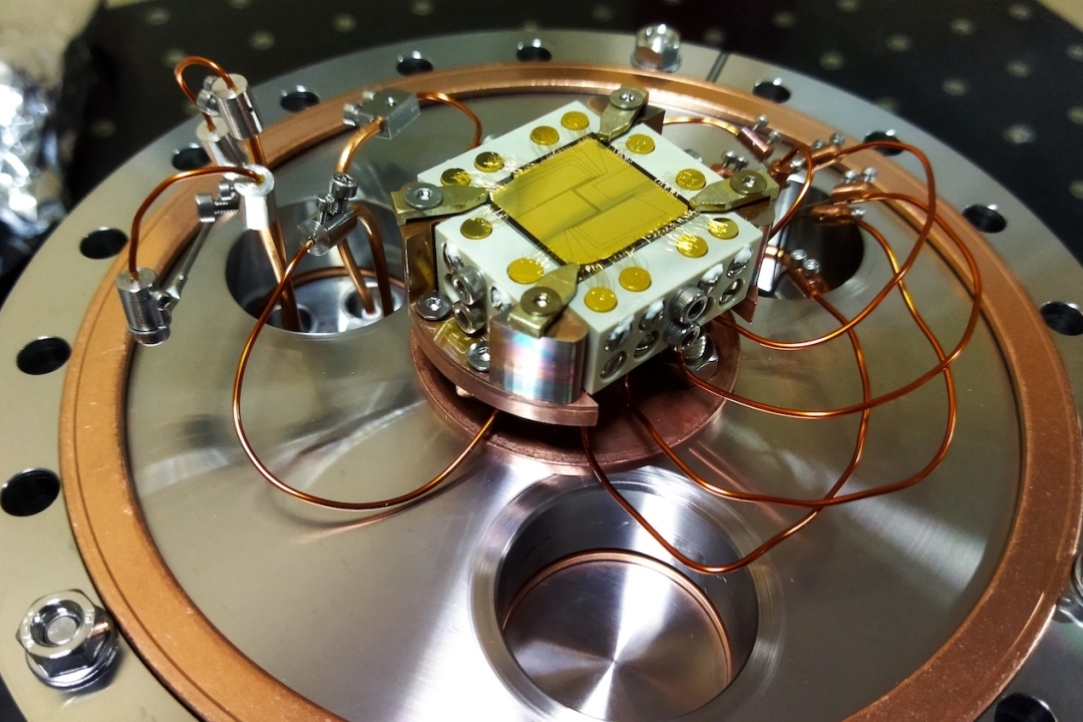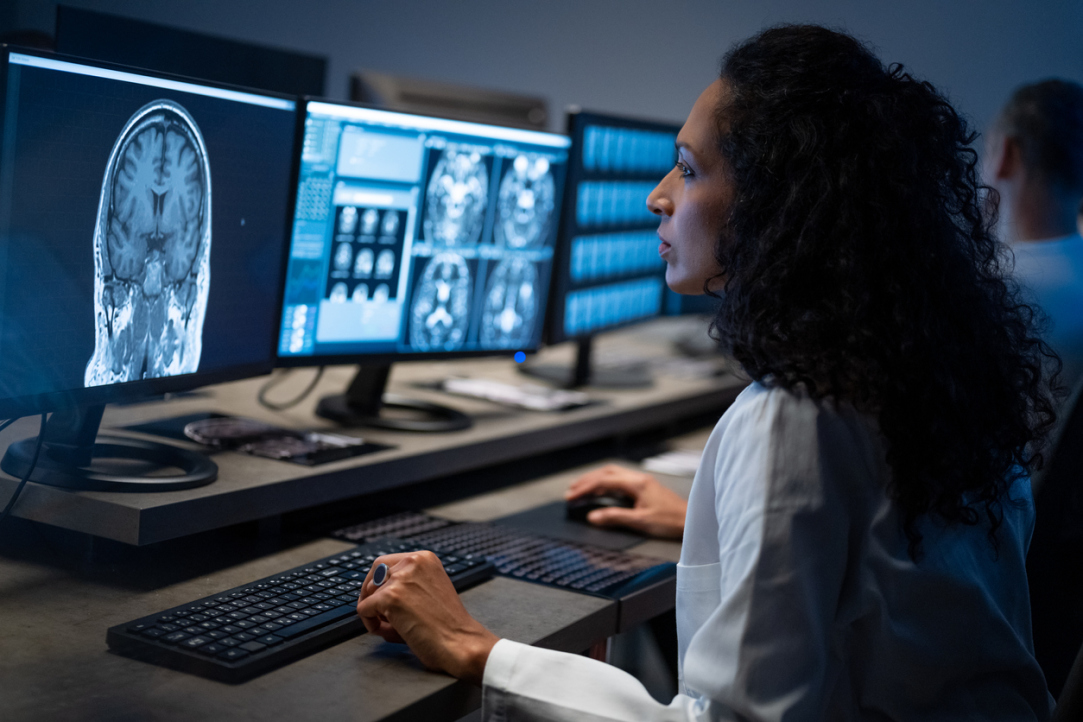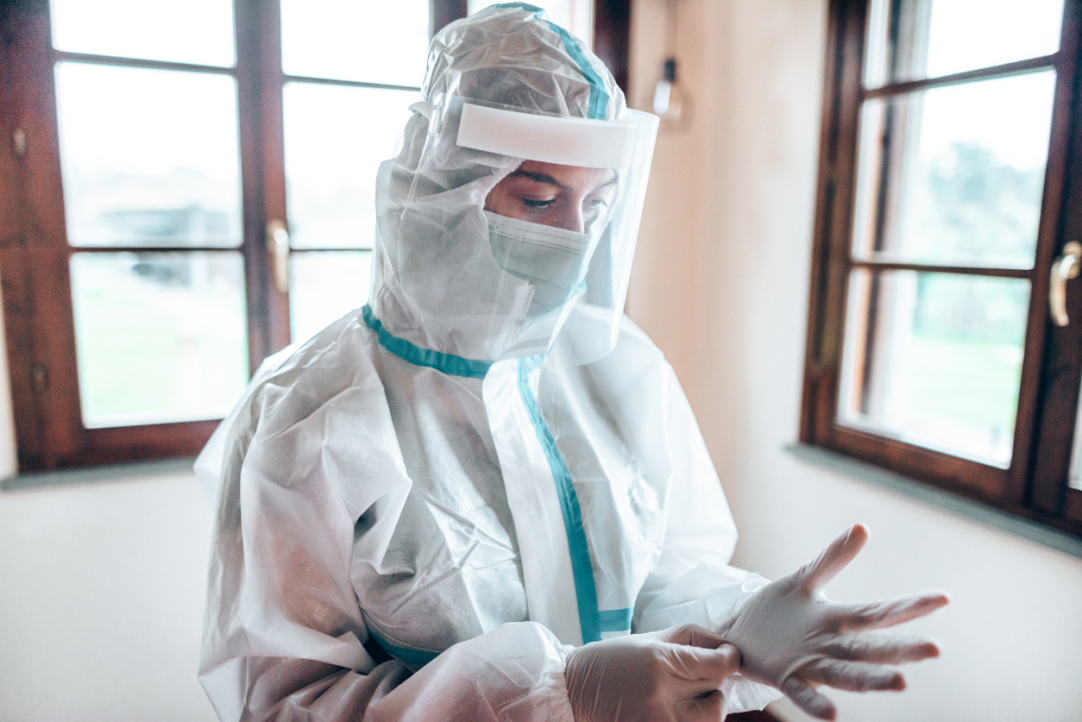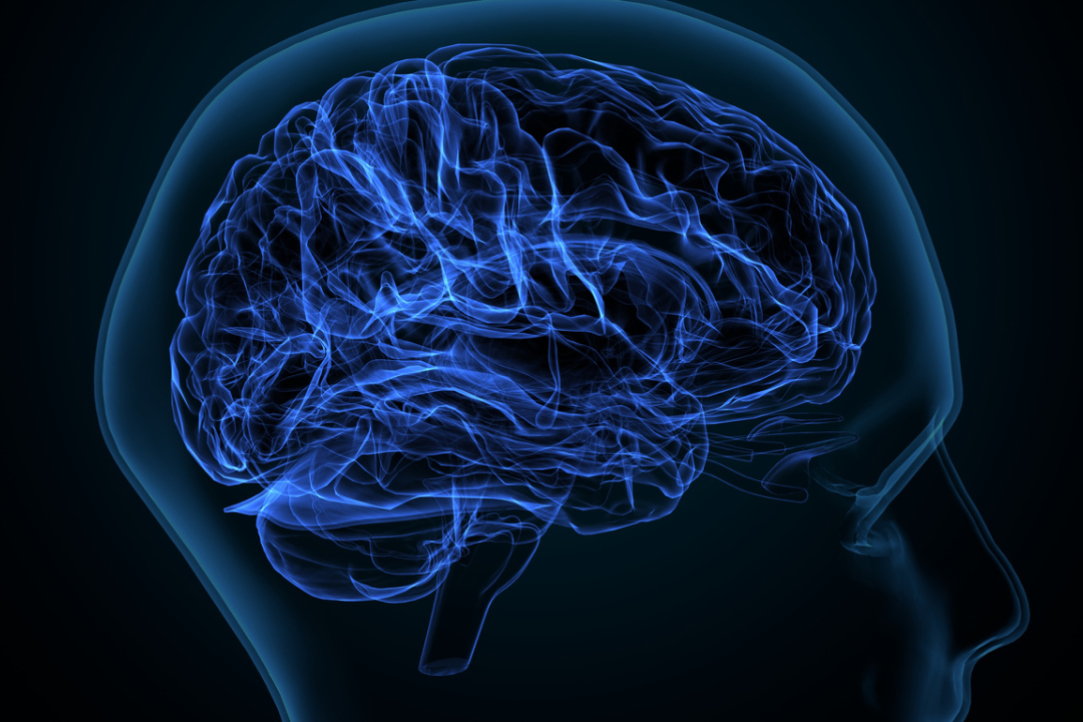
Middle Volga Experienced Half as Many Droughts in 20th and 21st Centuries as in 19th Century
These were the findings made by researchers of the HSE Faculty of Geography and Geoinformation Technology and the Russian Academy of Sciences Institute of Geography. They studied tree rings of Scots pines for an insight into the region's climatic past and published their results in Dendrochronologia.

HSE Researchers Can Now Measure Individual Decision-making Time
HSE researchers have developed an algorithm for estimating individual response preparation period duration. Their approach can help diagnose disruptions in decision-making and motor functions associated with certain diseases. The study findings are published in PLoS ONE. The research was financed by a megagrant from the Russian government as part of the 'Science and Universities' National Project.

HSE Researchers Find Out How to Communicate Health Information More Effectively to Fight COVID-19
Focusing on mortality from the COVID-19 virus is no more effective than calls to wear masks and save lives, but it significantly increases people's anxiety. After conducting an experiment with over 15,000 respondents from 84 countries, an international group of researchers, including scientists from HSE, came to this conclusion. The results of the study have been published in the Affective Science journal.

HSE Scientists Simulate Rogue Waves in Standing Wave Fields
Researchers from the HSE campus in Nizhny Novgorod, together with scientists from Australia and Japan, have built a model explaining the occurrence of abnormally high waves on the sea surface. Also known as rogue waves or killer waves, they often lead to accidents in the sea. The study findings are published in Physical Review Letters. The paper was selected as the Editor's Suggestion for its significance, novelty, and wide application. The research was financed by a megagrant from the Russian government as part of the 'Science and Universities' National Project and a grant from the Russian Foundation for Basic Research (RFBR).
.jpg)
Khanty Dialects Differ More Than Slavic Languages
Idalia Fedotova, researcher at HSE University and the RAS Ivannikov Institute for System Programming, examined lexical differences across Khanty dialects and found that members of this relatively small ethnic group speak three distinct languages—rather than two, as previously thought. The findings are published in Ural-Altaic Studies.

First Cold Atom Chip Presented in Russia
A team of scientists from HSE University, the RAS Institute of Spectroscopy, and Moscow Institute of Physics and Technology have developed a cold atom chip for devices with high accuracy of measurements. The researchers are currently working to create atomic clocks which could be used on spacecraft and the ISS. The paper has been published in Optics & Laser Technology.

Neural Prosthesis Uses Brain Activity to Decode Speech
Researchers from HSE University and the Moscow State University of Medicine and Dentistry have developed a machine learning model that can predict the word about to be uttered by a subject based on their neural activity recorded with a small set of minimally invasive electrodes. The paper 'Speech decoding from a small set of spatially segregated minimally invasive intracranial EEG electrodes with a compact and interpretable neural network' has been published in the Journal of Neural Engineering. The research was financed by a grant from the Russian Government as part of the 'Science and Universities' National Project.

COVID-19 Mortality Highest in More Affluent Russian Regions
COVID-19 came as an unexpected challenge for humanity. Countries adopted different, sometimes diametrically opposed approaches to minimising the pandemic's impact: from hard lockdowns to no restrictions at all, as in Sweden. It was only last week that China began to relax its zero-tolerance policy. Researchers of the HSE Faculty of Economic Sciences have identified a few factors which tend to have the greatest impact on the spread of COVID-19—in Russia, such factors include ambient humidity and temperatures, population mobility, the share of internal migrants in the local population, and household incomes. The study findings are published in Population and Economics.

Electric Cars in Russia: Drivers of Development and Prospects for Implementation
The HSE Project and Academic Laboratory for Economic Journalism, the Digital Media and Promotion Office and the HSE Public Relations Office present the second issue of the information and analytical digest titled Russian Economy: Aspects of Global Transformation Shift (available in Russian). It focuses on the development of electric vehicles in Russia, including various aspects and key players of the industry.

Corpus Callosum Found to Switch Off Right Hemisphere During Speech
A study by the HSE Centre for Language and Brain has confirmed the role of the corpus callosum in language lateralisation, ie the distribution of language processing functions between the brain's hemispheres. The authors came up with an innovative language task for their study subjects and applied advanced neuroimaging methods to the data collected. A paper on their findings has been published in PLoS ONE. The research was financed by a grant from the Russian government as part of the 'Science and Universities' National Project.

